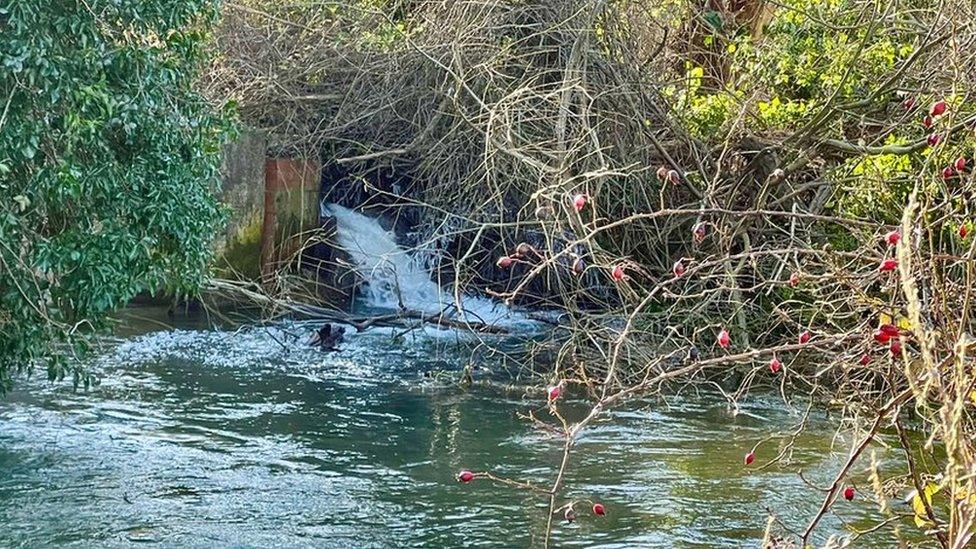Water company to pay £327k after 'unacceptable' spill
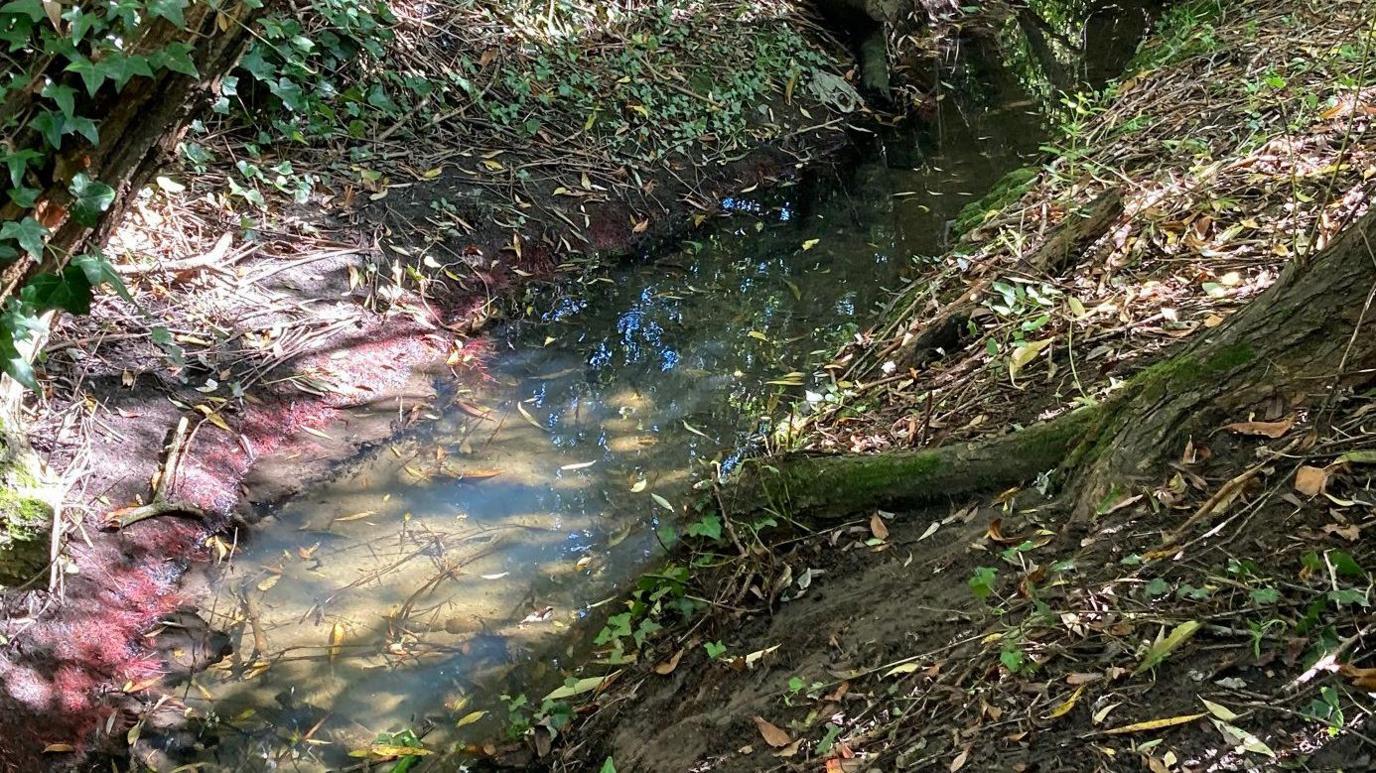
Minister for water and flooding MP Emma Hardy described the incident as “unacceptable”
- Published
Severn Trent has agreed to pay £327,500 to restore a waterway after a sewage spill killed the “vast majority” of its aquatic life.
A blocked sewer polluted a 1.7km (1.05m) stretch of Dimore Brook in Quedgeley, Gloucestershire, in August 2021.
An investigation by the Environment Agency (EA) found the incident killed hundreds of sticklebacks, several eels and thousands of insects.
Severn Trent said the blockage had been caused by an accumulation of fats, oil and grease “incorrectly disposed of into the sewer by third parties”.
Minister for water and flooding MP Emma Hardy described the spill as “unacceptable”.
The EA said “the vast majority of aquatic animal life had been killed by the sewage discharge” into the brook, which is operated by the water company.
EA's officers found sewage fungus - a thick layer of algae - growing along a 1km (0.6m) stretch of the watercourse from Meerbrook Way to the Gloucester and Sharpness Canal.
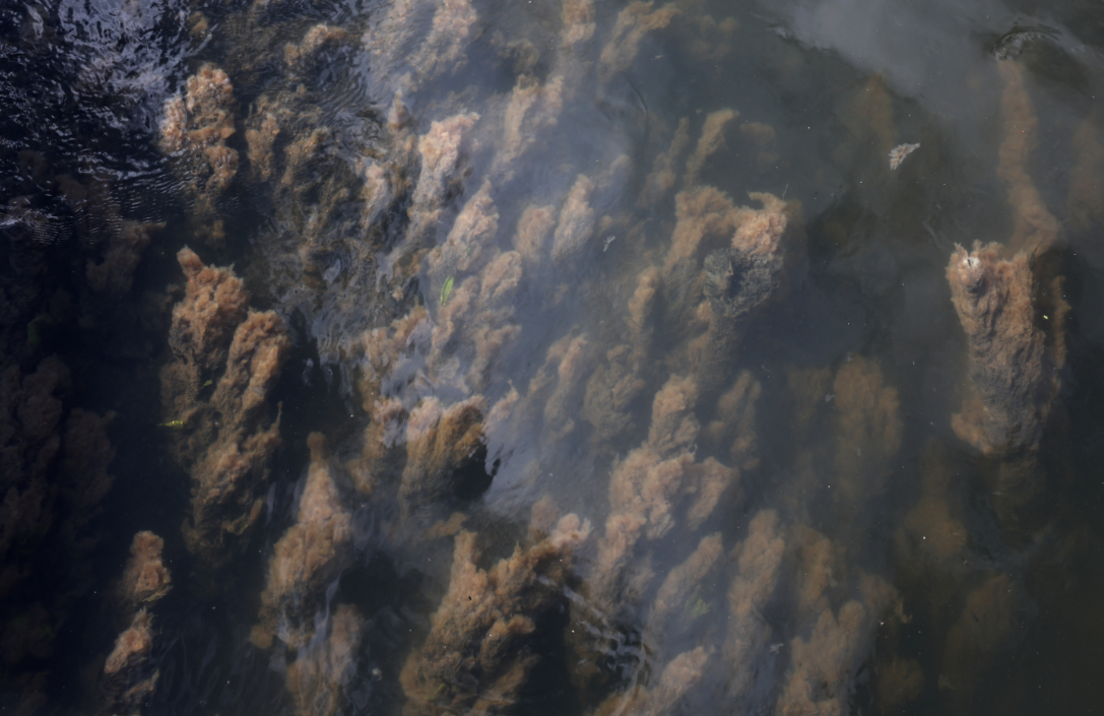
Sewage fungus can deplete oxygen levels in waterways and kill aquatic life
Sewage fungus gives off a foul odour and can reduce oxygen levels in the water, which can kill river species.
The water company has now agreed to pay £327,500 as part of an enforcement undertaking. This is used by the regulator as an alternative to prosecution.
Investigating officer Ian Skuse said: “While we will always take forward prosecutions in the most serious cases, enforcement undertakings are an effective enforcement tool to allow companies to put things right and contribute to environmental improvements.”
The money will be paid to Gloucestershire Wildlife Trust to fund projects to mitigate the damage caused to the area.
The trust's head of external relations Sophie Wootton-Lee said the money would be spent on a number of habitat creation and restoration projects.
She added: “We’ll also be looking to increase the habitat provided in the area for an iconic Gloucestershire species, the European eel, by creating pond complexes, reedbeds, scrapes and carrying out wet ditch restoration.”
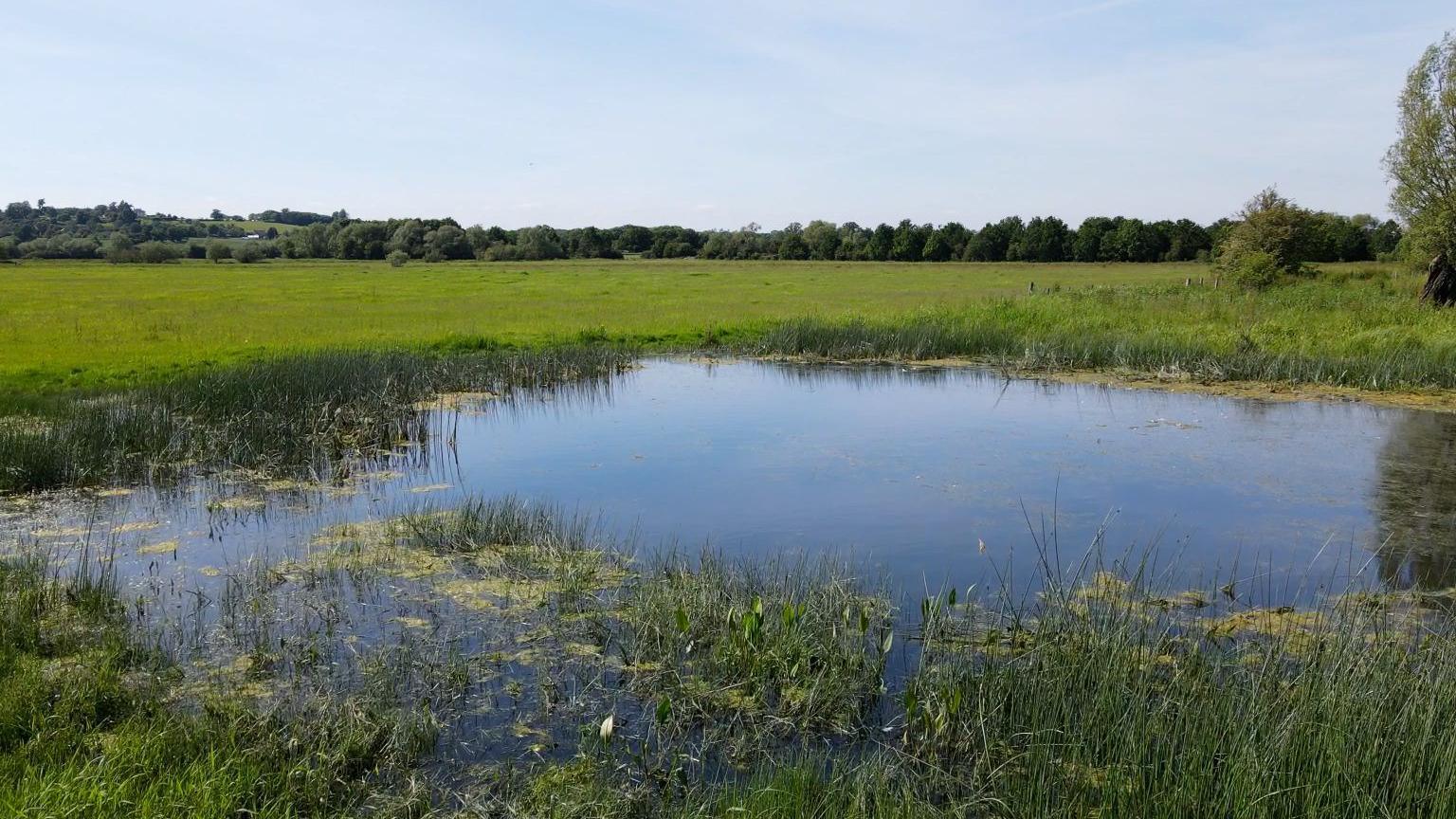
Gloucestershire Wildlife Trust wetland restoration work at its site in Coombe Hill
Ms Hardy added that the government would “crack down” on water companies and “begin the work of cleaning up Britain’s waterways”.
Measures in tabled legislation include powers to ban the payment of bonuses to executives of water companies found to have polluted waterways.
It would also give the EA increased powers to bring criminal charges against executives of companies that persistently break the laws governing sewage discharge.
A spokesperson for Severn Trent said the incident was "regrettable".
“We have since engaged with local businesses to advise them of the best way to dispose of used cooking products, and a new pumping station has come online to divert the flow away from this section of the sewer," they said.
The spokesperson added: "Beyond this we are working as fast as possible to deliver a multimillion-pound programme of improvements to reduce spills and improve river health across our region.”
Get in touch
Tell us which stories we should cover in Gloucestershire
Follow BBC Gloucestershire on Facebook, external, X, external and Instagram, external. Send your story ideas to us on email or via WhatsApp on 0800 313 4630.
- Published6 August 2024
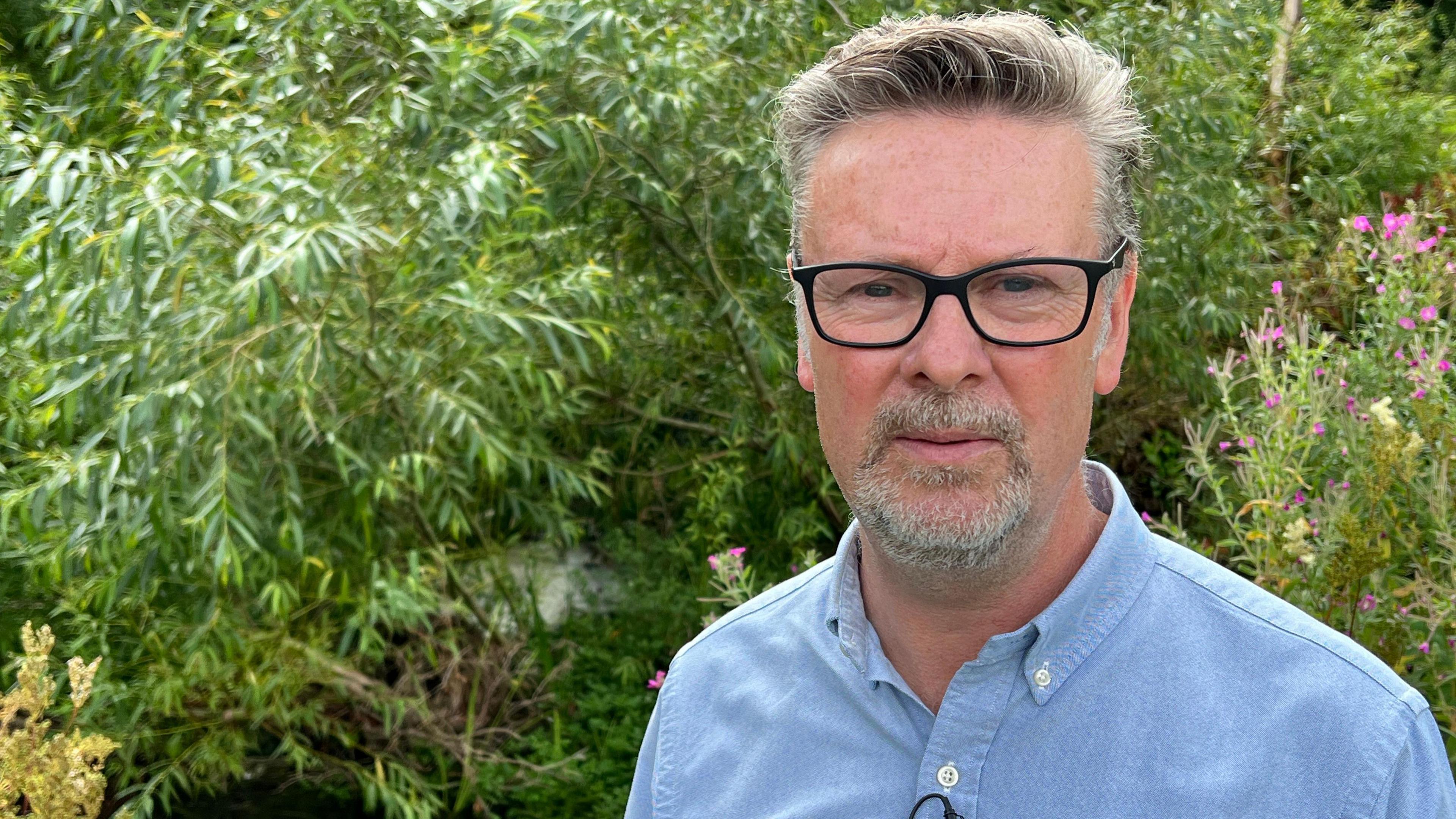
- Published31 May 2024
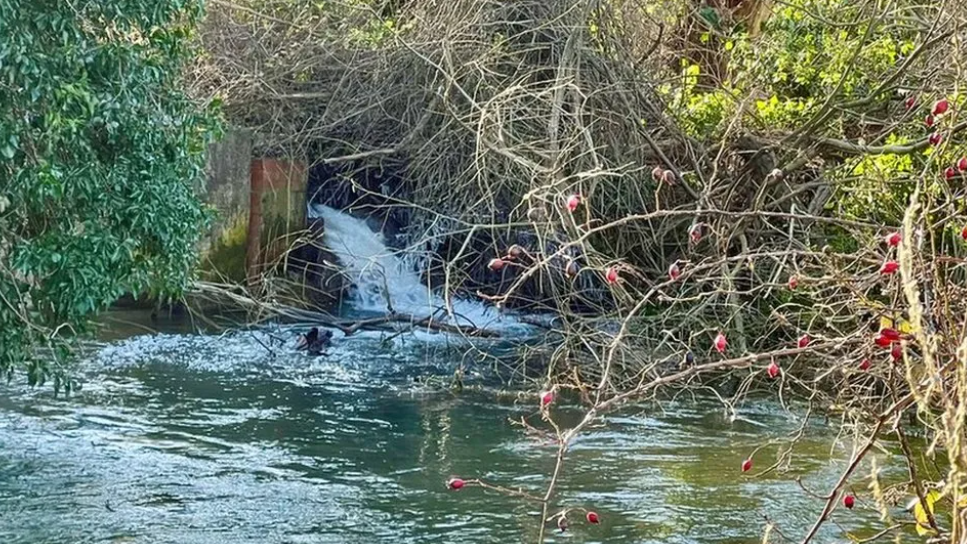
- Published17 January 2024
